‘Baahubali’ star Anushka Shetty has revealed that she suffers from a rare laughing disease in which if she starts laughing, she can’t stop for the next 15-20 minutes. Medically known as Pseudobulbar Affect, this neurological disorder results in outbursts of uncontrolled laughing or crying that are unrelated to the actual emotional state read more
)
Baahubali actor Anushka Shetty said she suffers from laughing condition called Pseudobulbar Affect. PTI
In a surprising revelation, popular ‘Baahubali’ actor Anushka Shetty has opened up about her struggle with a rare condition known as Pseudobulbar Affect (PBA), often dubbed the ‘laughing disease’.
This disclosure sheds light on a little-known disorder that can significantly impact daily life, even for celebrities like Shetty.
During an interview with Indiaglitz, the 42-year-old star shared her experience with PBA, highlighting the challenges it poses. “I have a laughing disease. You might wonder, ‘Is laughing a problem?’ For me, it is. If I start laughing, I can’t stop for 15 to 20 minutes. While watching or shooting comedy scenes, I literally roll on the floor laughing, and the shoot has been halted many times,” said Shetty.
What is the condition and how can it be managed? Let’s take a closer look
What is Pseudobulbar Affect (PBA)?
According to Dr Sachin Adukia, Neurologist at The Hiranandani Hospital in Mumbai’s Powai explained FirstPost, the laughing disease, medically known as Pseudobulbar Affect (PBA), is part of a larger neurological syndrome called Pseudobulbar Palsy.
“The Pseudobulbar Affect is a neurological condition that causes outbursts of uncontrolled laughing or crying at moments that are unrelated to his/ her actual emotional state. These sudden outbursts can occur in socially inappropriate situations and could lead to embarrassment, depression, and anxiety causing various social challenges for those who suffer from it,” Dr Adukia said.
Apart from triggering emotional responses, the condition also triggers a collection of neurological symptoms.
including defects in speech (dysarthria) and difficulty in swallowing food, and liquids (dysphagia), Dr Adukia added.
What causes the disorder?
Many fibers that control our emotions, the muscles of the face, tongue, and throat, originate from the top of the brain, known as the cortex, and through various neural pathways (medically called as corticobulbar pathways) the signals sent by these fibers travel to the lowest part of the brain. When these pathways are impaired or inhibited, they can result in dysregulated or exaggerated emotions, causing a mismatch between a person’s feeling and their way of expression, according to Dr Adukia.
As per the Cleveland Clinic, diseases or conditions such as stroke, multiple sclerosis, Parkinson’s disease, brain tumours, epilepsy, amyotrophic lateral sclerosis (ALS), traumatic brain injury, and Alzheimer’s disease can cause Pseudobulbar Affect.
The condition however if not can also caused by neurological disorders, can be caused by psychological reasons, and is termed as “maniac laughing”, Dr Alok Mandliya, neurologist at Bombay Hospital, Indore told FirstPost.
Who does it affect?
The condition generally impacts the older population and is “extremely uncommon” in the younger population, as per Dr Adukia. According to Barrow Neurological Institute, it is estimated that between two million and seven million people in the US have experienced symptoms consistent with Pseudobulbar Affect.
How is it diagnosed?
Diagnosing PBA can be challenging, as its symptoms often overlap with those of other emotional or psychiatric disorders such as depression or anxiety. A study published in Springer Link found that among patients who discussed their laughing or crying episodes with their doctor, only 41 percent were diagnosed.
However, specific screening tools that are based on a series of questions can help healthcare providers with diagnosis.
According to Everyday Health, a seven-question, self-administered questionnaire known as the Center for Neurologic Study-Lability Scale (CNS-LS) asks questions about how laughter and crying can help with self-diagnosis. Whereas, another scale called the Pathological Laughter and Crying Scale (PLACS), which is made up of 18 questions and is given by a healthcare professional can help.
What is the treatment?
“Deep, relaxed, and slow breathing can help during laughing episodes. Diverting your mind to another topic could also help. Relaxing the muscles around the shoulder, neck, and chest wall is also helpful,” Neurologist Dr Sudhir Kumar told The Indian Express.
Apart from this, “Support from friends and family is crucial to managing the condition, counselling from professionals can also really help,” Dr Adukia said.
He added that there are specific medications that do not cure but can help in controlling the condition. One should consult a doctor for specific treatment and advice, he further said.
With input from agencies
Sayli Dhodapkar is currently working as a Sub-Editor at Firstpost Editorial team. see more

 2 months ago
77
2 months ago
77

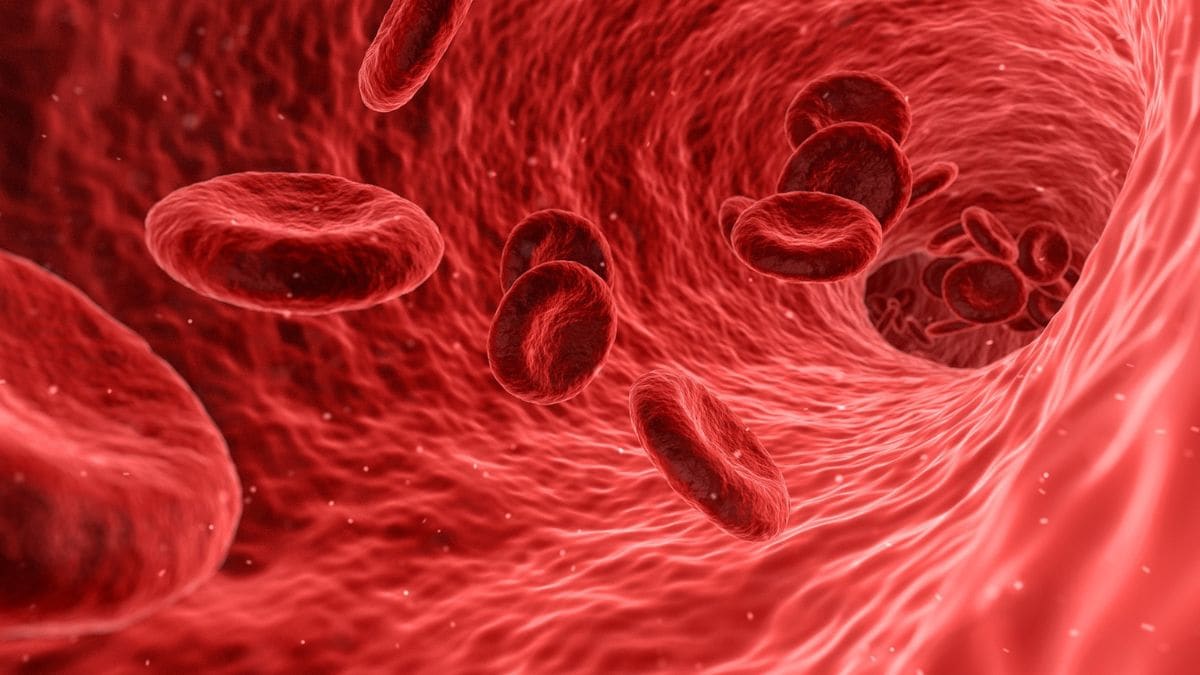


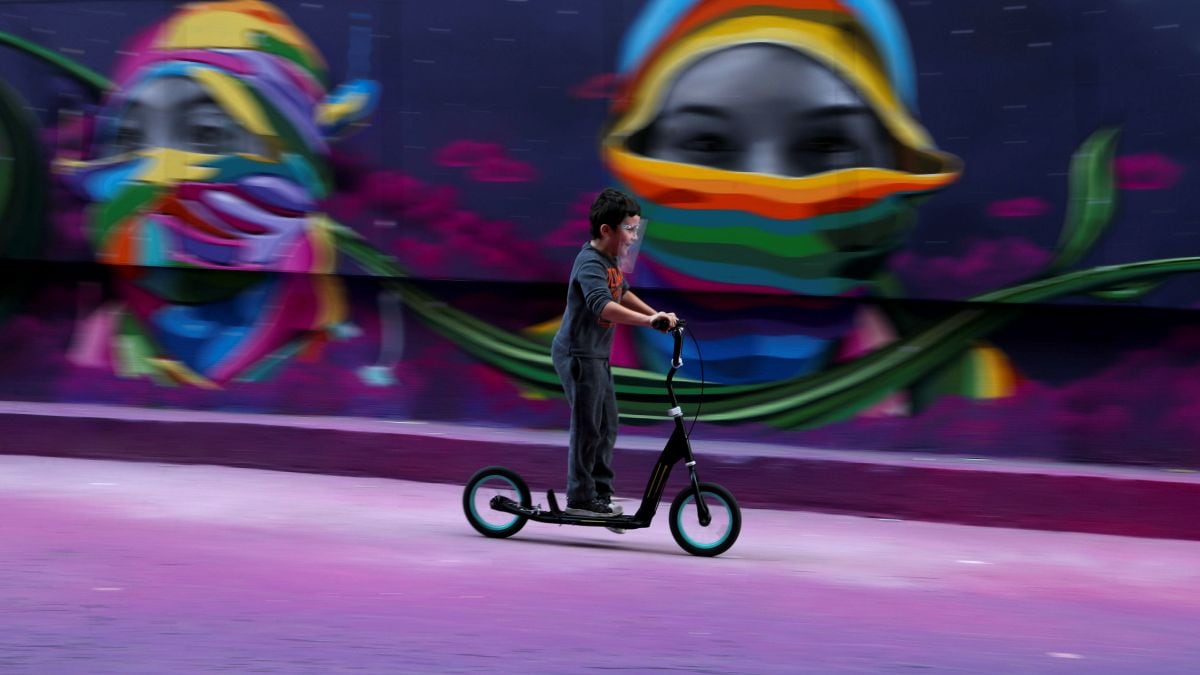

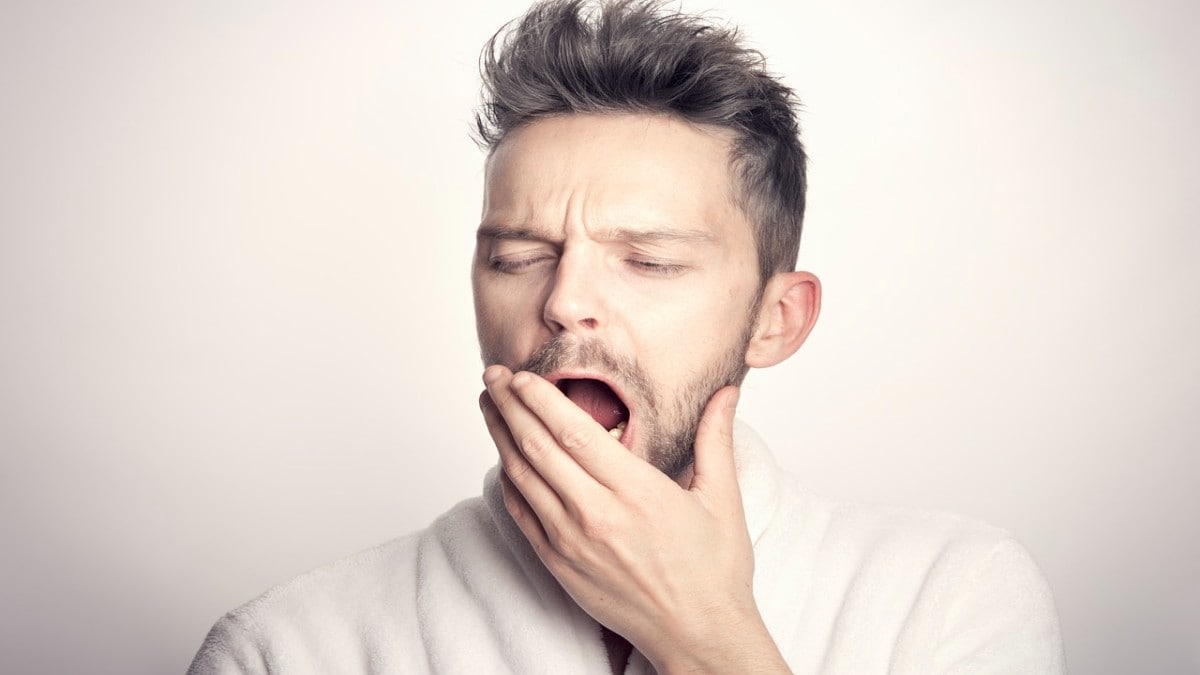
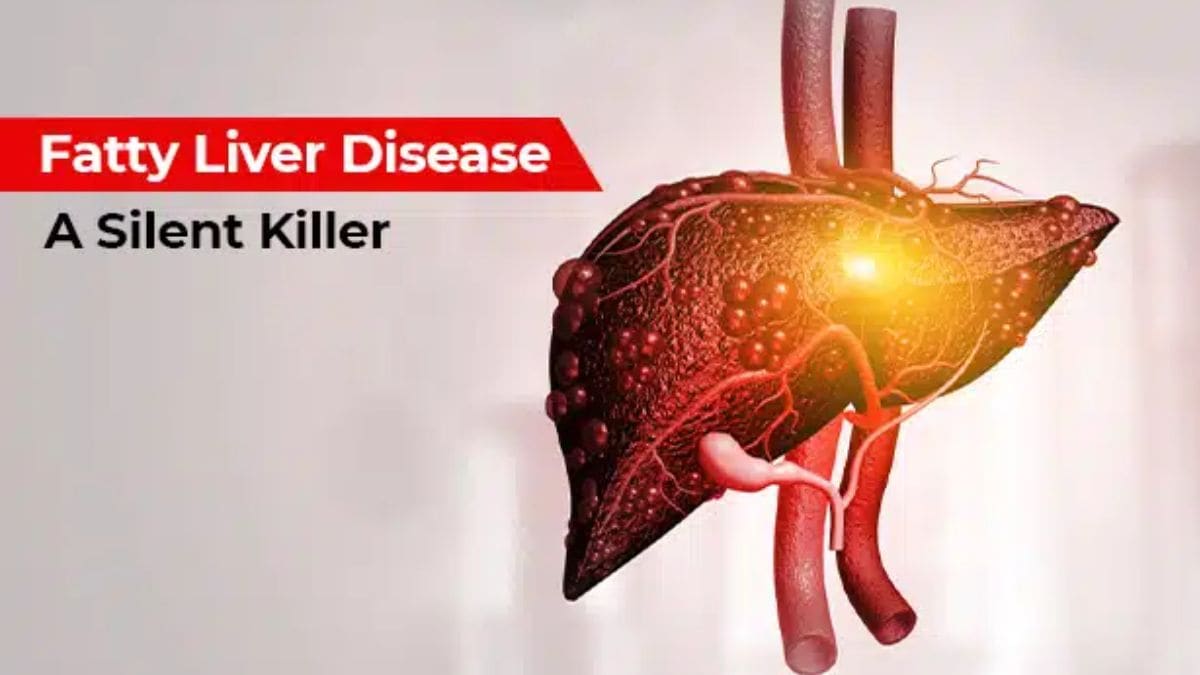

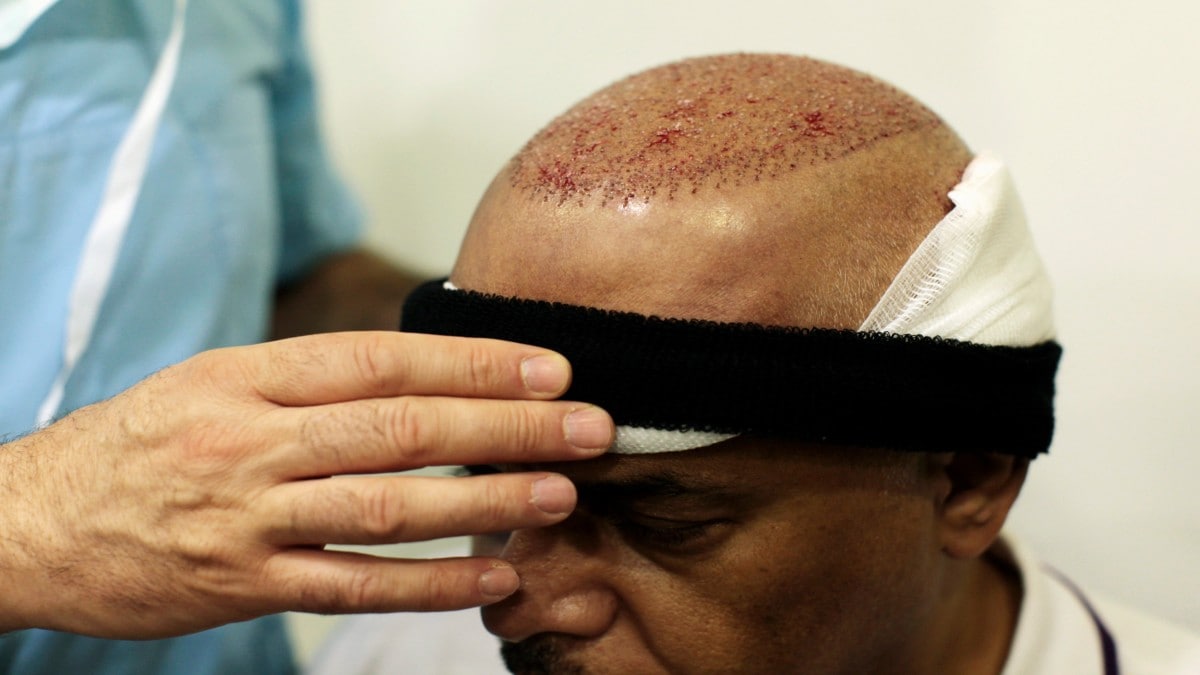

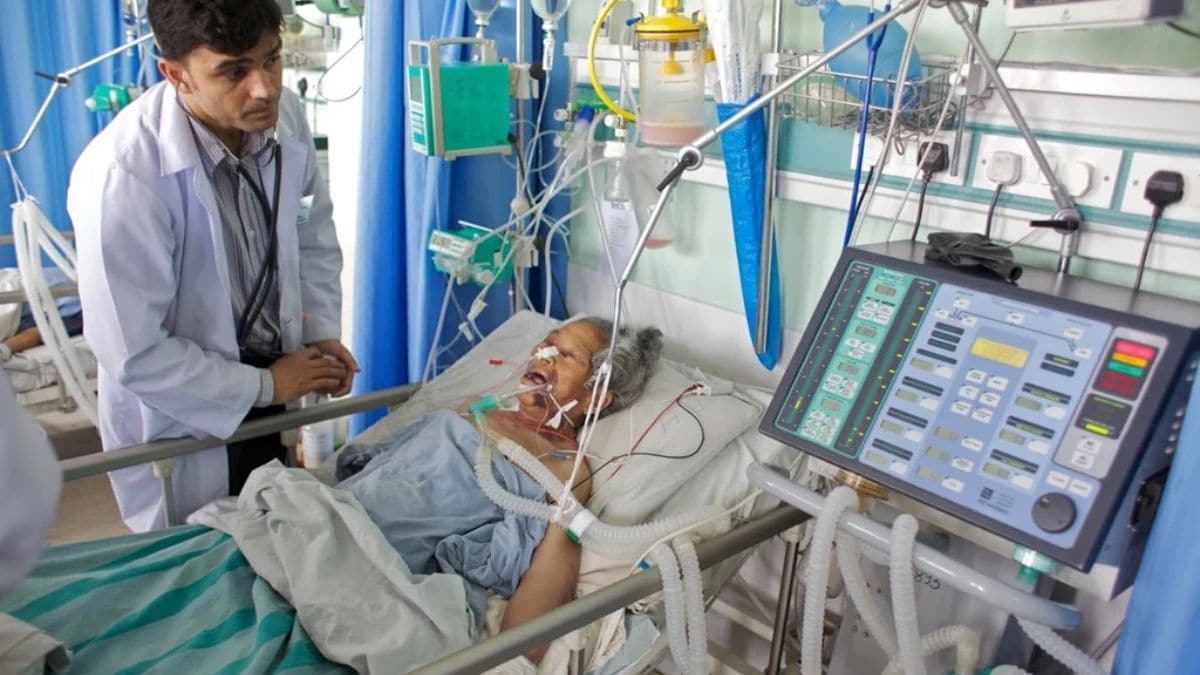
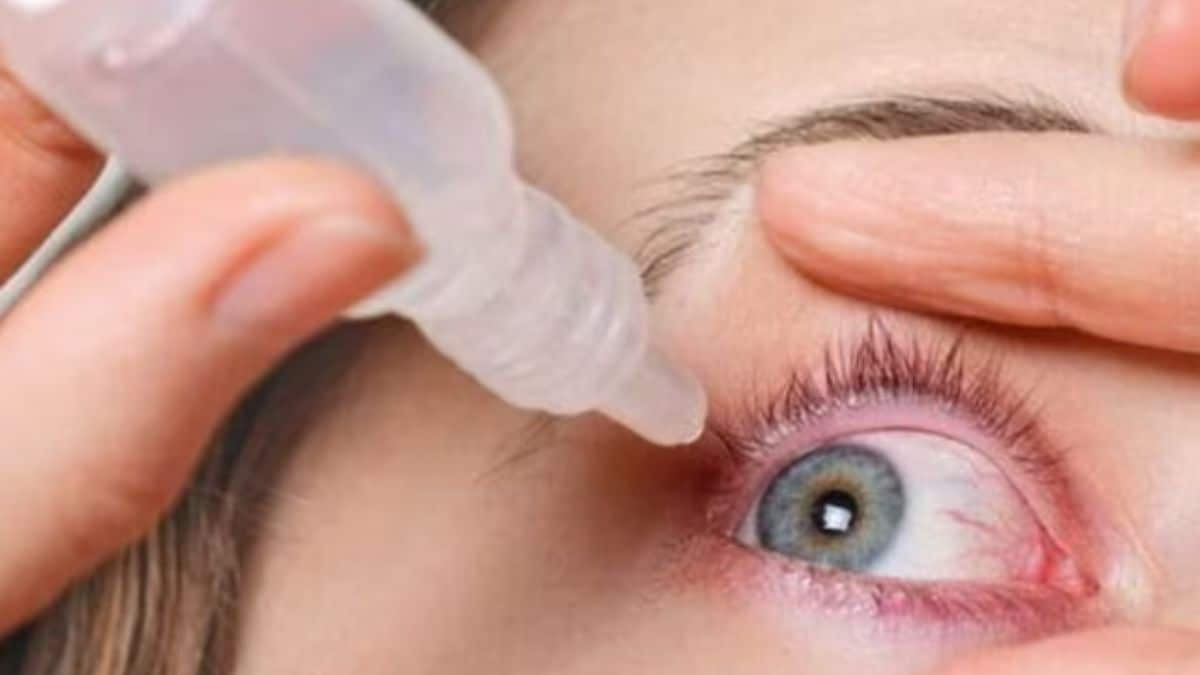


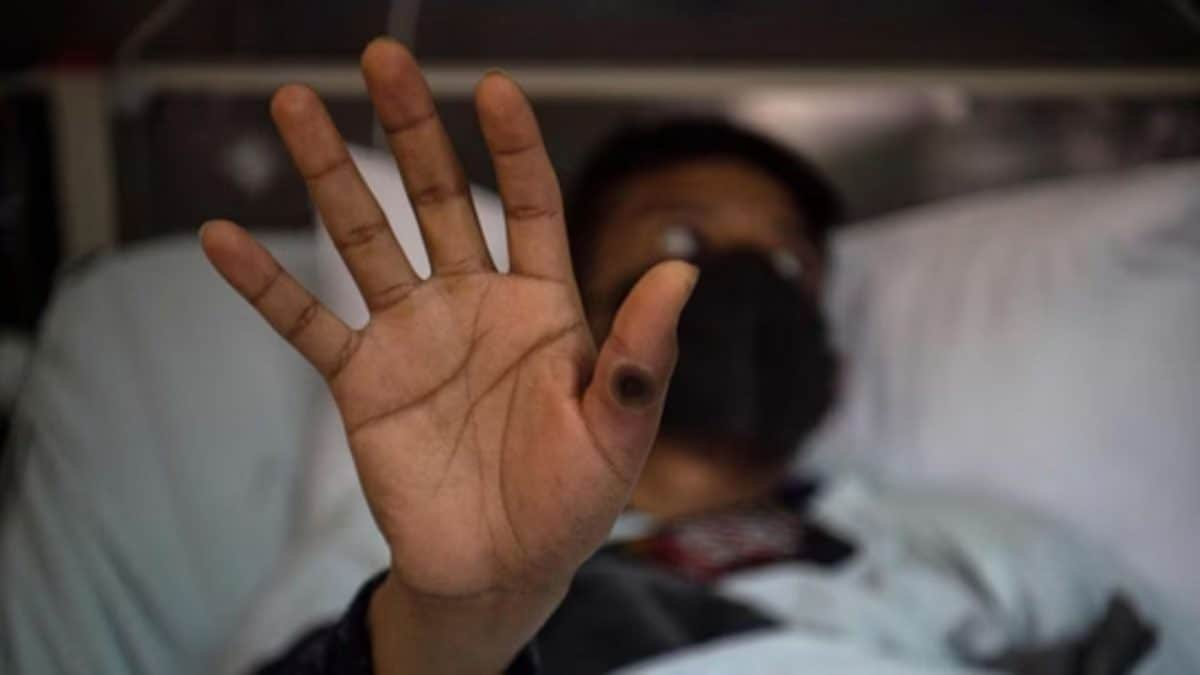
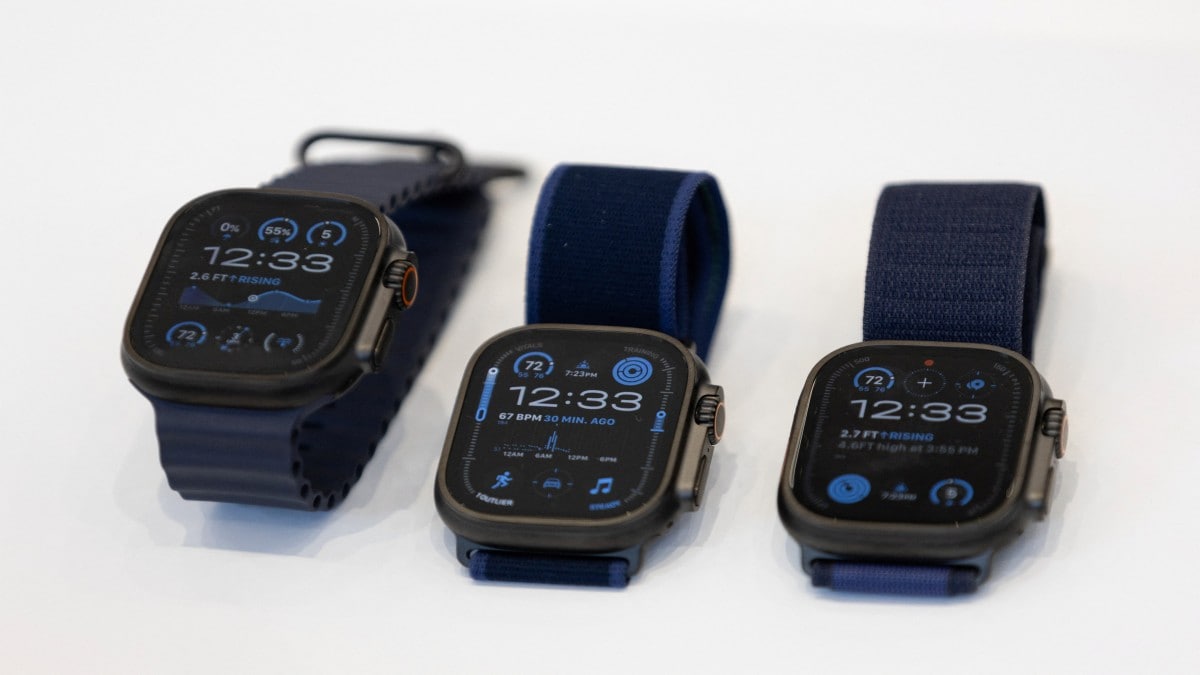

)
)
)
)
)
)
)
 English (US) ·
English (US) ·